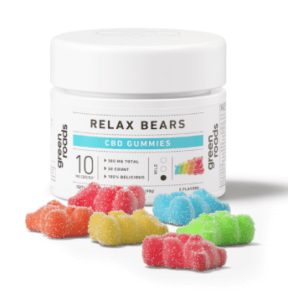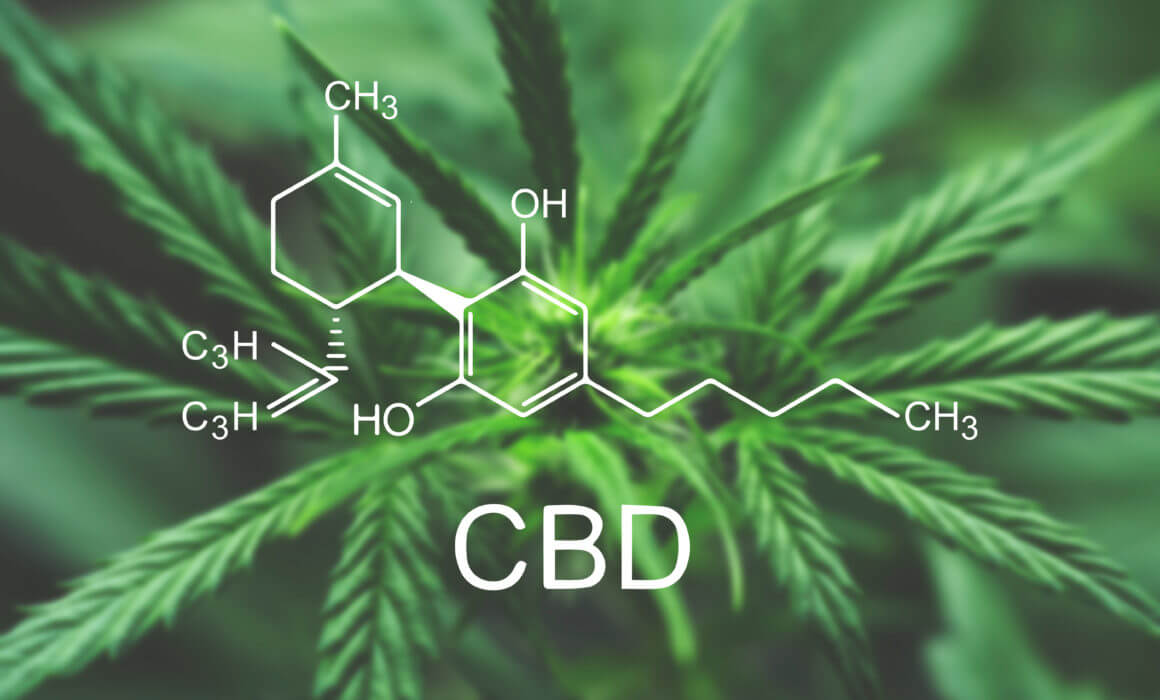CBD For Anxiety: Your Quick Must-Read Guide
You can find CBD (cannabidiol) products everywhere these days. People are using it in creams, soap, oil, tea, and even pet treats. They use it for pain, cancer-related symptoms, acne, and anxiety, sleep, among others. Now if you’re thinking of using CBD for anxiety, read on.
But let’s get the basics down first.
What is CBD?
CBD is a naturally occurring substance in the Cannabis sativa plant. You may recognize it as marijuana or hemp. There are more than 80 chemical compounds or cannabinoids present in this plant.
Unlike delta-9-tetrahydrocannabinol tetrahydrocannabinol (THC), the major psychoactive chemical in marijuana, CBD won’t get you high.
But it can help you feel more relaxed and calmer. CBD usually comes as oil but can also be a vaporized liquid, an oil-based capsule, edibles, including delicious gummies and chocolate, and even bath bombs. CBD oil comes from the cannabis plant’s leaves, stems, and flowers.
Is CBD legal?
Based on the 2018 Farm Bill, hemp plants and hemp products are legal federally if they contain less than 0.3% THC. However, they need to be prescribed according to some state laws. So, be sure to check these laws especially if you plan to travel with these products.
Moreover, legally speaking, CBD can be included in cosmetic and personal care products. Renata Botelho, esthetician and owner of Healing Hands Massage and Skincare in Sudbury, Massachusetts, recommends CBD facials as an amazing way to revitalize skin!
On the other hand, when the plant has more than 0.3% THC, we call it marijuana. Marijuana is classified as a controlled substance and therefore federally illegal according to the Controlled Substance Act.
What does science say about CBD for anxiety?
With the ongoing pandemic, people are struggling COVID-19 anxiety. And because of the unpleasant side effects of pills and the potential for addiction, many are looking for alternatives.
As for scientific research on using CBD to treat anxiety, the results are indeed promising. Carla Chalah, hypnotherapist and owner of EveryBody in Mind Wellness Center and, Hemisphere Hypnotherapy in Sudbury, Massachusetts often recommends that clients seeking hypnosis for anxiety, use Green Roads CBD (sold in the online store), as a wonderful, natural adjunct to the work she does.

Green Roads CBD Gummies Relax Bears
We still don’t fully understand how this substance works to decrease anxiety. But according to the researchers from a 2015 review, it interacts with serotonin 5-HT1A receptor, γ-aminobutyric acid receptor A (GABAA), serotonin reuptake inhibitor, and other brain receptors to reduce anxiety.
The researchers concluded that CBD is effective in treating several anxiety disorders including:
- Post-traumatic stress disorder (PTSD)
- Generalized anxiety disorder (GAD
- Social anxiety disorder
- Panic disorder
Meanwhile, in a 2019 study on sleep disorder and anxiety, the participants reported sleeping better and less anxiety within a month.
More recently, almost 400 patients in New Zealand were prescribed CBD oil for a variety of complaints including pain, neurologic symptoms, and mental health issues.
In this 2020 study, the patients reported improvement in symptoms including good sleep and reduced anxiety. Seventy percent of the participants were satisfied with the CBD treatment they received.
How much CBD do I need to treat my anxiety?
The dosing of CBD hasn’t been standardized yet when it comes to dosing recommendations.
Several studies report varying dosages for anxiety.
In a 2019 study with healthy male participants experiencing anxiety before a public speech, their anxiety significantly subsided with 600 mg of CBD.
On the other hand, a Japanese study done during the same year involving teenagers with social anxiety disorder utilized 300 mg of CBD. The researcher concluded that CBD is a useful treatment option for the said disorder.
The dosage generally depends on the age of the patient, CBD product, and how they administer it.
If you’re interested in using CBD, check with your doctor to know how much is right for you.
Note: This article is for educational purposes only and not medical advice.


